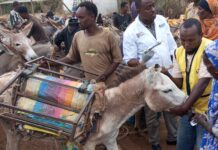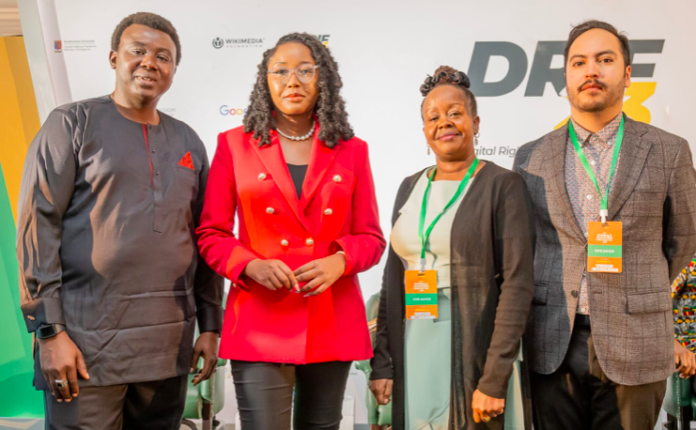
By Winnie Kamau
Nairobi, Kenya: As the curtains closed on the 10th Digital Rights and Inclusion Forum (DRIF23) held in Kenya’s capital city Nairobi saw 600 delegates from across the world come together to discuss matters of the digital world and governance of digital spaces.
The Forum that was held for 3 days had several events which I must say I was privileged and honored to be part of as a Moderator and Speaker.
The event started with a high-level panel discussion opened by Ms. Emma Inamutila Theofelus, Namibia Deputy Minister for Information Communication & Technology (ICT); Ms. Grace Githaiga Chief Executive Officer & Convenor of KICTANet; Mr. ‘Gbenga Sesan, Executive Director, Paradigm Initiative and Mr. Vladimir Garay, Advocacy Director, Derechos Digitales.
The panel was unanimous on the need for sustainable internet and balanced regulation across the continent.
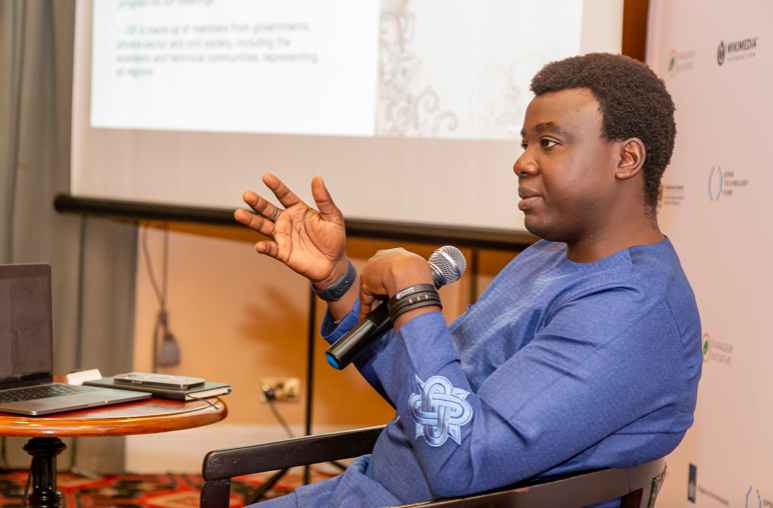
Ms. Theofelus, who spoke about the level of Internet penetration in Namibia, pointed out the huge cost involved in developing infrastructure and the need for government and political will. “Rolling out infrastructure is difficult and very expensive. We have put in place the conditions for licensing and investment from the government. There has been some political will. This includes the Universal Service Fund. We also have one of the most liberated media on the continent,” she said.
Ms. Githaiga emphasized the need for multi-stakeholder collaboration and joint convenings in delivering Internet access. “As KICTANet, we have held joint convenings focusing on cybersecurity, data protection, and the broadband report. The Kenya Internet Governance Forum is our flagship program. Through the forum, we discuss and see how to fit issues into our local context.”
On his part, Vladimir urged the importance of Internet access saying connectivity supports human rights. “People want high quality, affordable, and secure internet connectivity. The Internet is expensive and limited. We need to acknowledge and address internet connectivity gaps.”
‘Gbenga also urged stakeholders to contribute towards efforts aimed at ensuring Internet accessibility “If all stakeholders don’t get their hands dirty, we will come back here 10 years later to discuss the same issues,” he noted.
No government on the planet needs to be convinced of how important the internet is. Come up with policies that support digital justice. Everyone should enjoy their digital rights” said ‘Gbenga.
The forum hosted 70 sessions with partners from 48 countries across the world. The sessions focused on Internet shutdowns, Universal Service Fund utilization, data protection, content moderation, and censorship. Also lined up at the event were key launches of research, platforms, and networks.
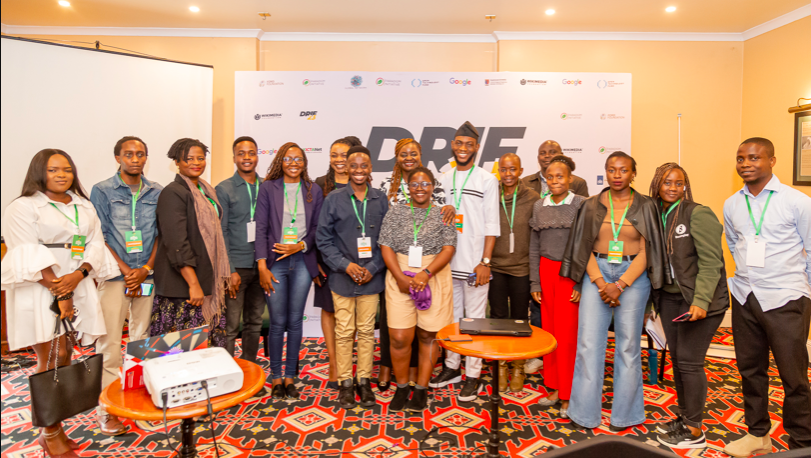 One event that caught my eye was the launch of a Policy Paper on Empowering female journalists against online abuse: The Role of civil society agencies on policy work done by Theorose Elikplim Dzineku, Executive Director of Digispace Africa.
One event that caught my eye was the launch of a Policy Paper on Empowering female journalists against online abuse: The Role of civil society agencies on policy work done by Theorose Elikplim Dzineku, Executive Director of Digispace Africa.
Another session I was privileged to speak on was Strengthening Digital Rights through Creative Advocacy which was moderated by Judy Ogutu of Paradigm Initiative. We looked at election data in Kenya and Nigeria and how data visualization changes the narrative of huge numbers. One key challenge that was given to us at the session by Njeri Mwangi of Pawa 254 was the need for us as human beings we need to be active Citizens as she spoke to the movie Softie which documents the journey of her family in activism.
The session on Open Talk: Big Tech & Content Moderation: Challenges, Realities, and Opportunities for Kenya/Africa – UNESCO was intriguing as it saw conversations on Content moderation in Africa. We captured some of the conversations from the session.
Victor Bwire of the Media Council of Kenya noted “Ethics apply both online and offline. The big question is the information integrity. How credible is the information one is sharing”.
Adding “There is a need for us to create awareness on digital literacy and help the public on responsible use of digital platforms,” he said.
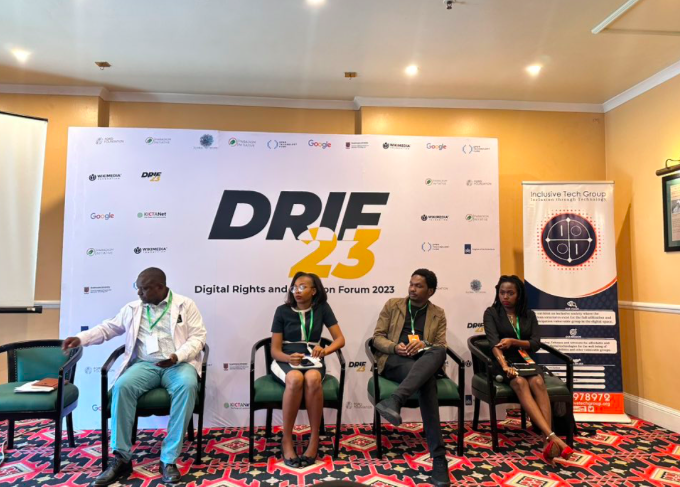
Wakesho Kililo of GIF-Internews on content moderation noted “It’s necessary for us to protect digital users and build trust amongst the citizen in the use of the digital platforms”.
Caleb Gichuhi of How to Build Up emphasized “There is a big difference in terms of recommender system and regulation in relation to content moderation.”
“On content moderation and language, we need to look at big techs and advertisement and their business model. Context is key in the discussion on content moderation” said Wanjiru Nguhi a Content Creator at Mine is a Comment Podcast.
Paradigm Initiative hosted the Pan-African bilingual event in collaboration with Kenya ICT Action Network (KICTANet) which is a multi-stakeholder think tank in Kenya for ICT policy and regulation and Centre for Intellectual Property and Information Technology Law (CIPIT) which is an evidence-based research and training Centre based at Strathmore University, Nairobi, Kenya.



